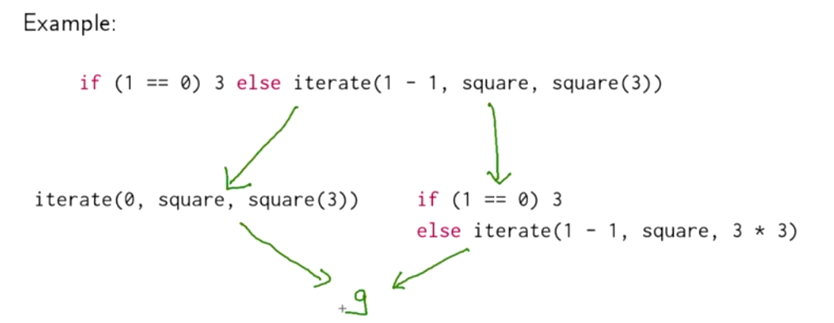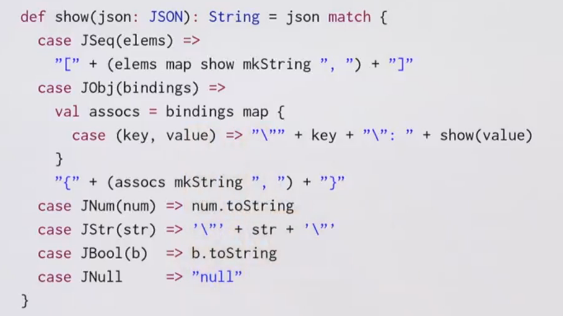2016年的最后几小时, 随便写写关于Scala和OCaml的一些入门体验好了.
今年对FP语言特别感兴趣, 上了两门Scala的公开课(here and here)和一门OCaml的公开课(here), 在博客中写了一系列的笔记, 课后作业也都认真做完了. 斗胆说这两门语言都算入门了吧... 这里就随便写一下使用这两门语言的感受, 想到哪里写到哪里...
FP语言和之前接触的语言确实不大一样, 比如之前我都有种错觉, 学什么语言只要知道循环/条件/基本类型运算怎么写, 就差不多可以上手了...... 然后遇到了FP, 发现循环语句其实是不必要的... 记得看到过一篇文章, 类比学FP就好像开了很多种车的老司机突然开始学开宇宙飞船, 肯定各种WTF不适应了~
以前谈到FP我只能联想到一些Python里的FP特性: lambda表达式, 高阶函数之类的, 顶多还想到个闭包... 不过Python里面的FP特性和Scala/OCaml里的比起来还是差了不少: i.e. 现在非常希望Python里可以支持pattern matching...
Scala
Scala算是比较亲民的FP语言了(和Java有点像...), 也是我最早接触的FP语言. EPFL的那两门公开课质量很棒, 毕竟是Scala的作者亲自来上的...
- immutable types: 习惯了就好, 就像java里所有东西都是final的, 要修改什么东西的时候改成新建一个, immutable数据的优点就是并行方便啊...
- 一切皆为表达式, specifically,
if ...



